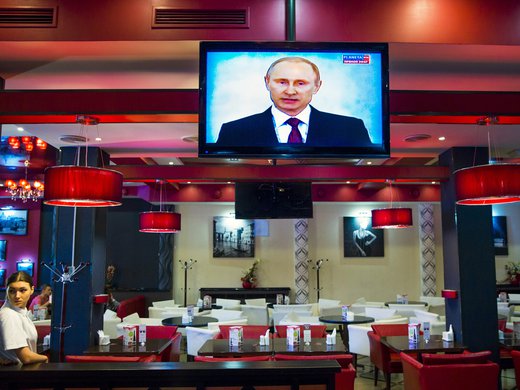In the hours before the 2024 Olympic Games’ opening ceremonies, news broke of a series of coordinated arson attacks on the French high-speed rail system. While this was shocking, it was also not entirely unexpected.
Indeed, threats to the Olympic games are nothing new. Between 1970 and 2010, 15 Olympic host countries experienced violent extremist attacks in the six months leading up to the games or during them, often with tragic results.
To counter such threats, governments put together teams that integrate law enforcement, first responders and other national security units well before opening day, to assess, plan and address potential threats.
But planners for the 2024 games in Paris are faced with three factors that together create a threat landscape unprecedented in Olympic history: a unique but challenging venue, an unusually complex international environment, and evolving challenges driven by technology.
In the first instance, the Olympic organizers have decided to make Paris itself the venue for many events, including the Eiffel Tower, Place de la Concorde and the Seine River. Unlike prior games with their purpose-built or repurposed stadiums in which authorities could monitor, direct and control traffic, these cultural landmarks are designed to be accessible to tourists and Parisians alike. While providing a dramatic backdrop, each of these sites represents a litany of vulnerabilities.
To manage this, the games’ organizers have put together a security force comprising 20,000 soldiers alongside more than 40,000 police and gendarmes. The city was put on virtual lockdown two weeks prior to the opening of the games, with residents and visitors requiring security background checks and QR codes to access designated security zones, guarded by what authorities are calling an anti-terrorism perimeter. The authorities have also made several arrests in alleged terror plots believed to be targeting the games.
However, while measures to disrupt violent extremist attacks are the most visible aspect of security at these games, global events are forcing organizers to take a full-spectrum assessment of activities that may target the various events.
Historically, opposing intelligence agencies have been involved in malfeasance during the Olympic games (including an intricate operation to cover doping by Russian athletes). But the scale and the scope of the problem appear to be far more aggressive this year. French authorities say they have barred up to 1,000 individuals from attending these Olympics, due to suspected espionage. And on July 23, French police arrested a Russian man alleged to be plotting “disruption” during the games — although little has been revealed about the case.
Finally, technological evolution is creating new threat vectors. At the 2016 Olympics in South Korea, for example, the opening ceremonies were targeted by a sophisticated cyberattack attributed to Russia — one that almost disrupted the entire information technology network of those games. Moreover, state-backed hackers may attempt to compromise the integrity or availability of data used to record athletic performances, creating doubt about results and standings. French officials have been clear-eyed about the threat, even suggesting that cyberattacks will be inevitable.
Unfortunately, adversarial states are eager to amplify the perception of chaos. Recent analysis by Microsoft suggests that states are turning to disinformation campaigns to denigrate the Olympics’ reputation and create expectations of violence that may keep spectators away. Given that Russia has been banned from formally competing in these games, Moscow is believed to be behind many of these campaigns. For example, some experts believe that a widely debunked video purporting to be Hamas making threats to the Olympics with weapons originating from Ukraine appears to be of Russian origin.
Unsurprisingly, the French are turning to technology to augment security, including through the use of artificial intelligence, facial recognition software and electric signal jammers (to target drones flying over Olympic venues — reportedly up to six per day).
Experts warn, however, that the use of these new technologies comes with risks: surveillance technologies put in place for large events often continue to be used long afterward. Given the complex set of threats described above, the Olympics provide an opportunity for security companies to test their latest products, which other states may seek to adopt.
While there is a clear need to protect the Olympics, it would be a terrible legacy if security measures put in place for Paris 2024 were to result in an ongoing privacy nightmare. A true Olympic feat will be for democratic host countries to find ways to balance the need for a secure event with the rights and privacy of all participants and spectators, well after the torch has passed on.
This piece first appeared in National Post.



